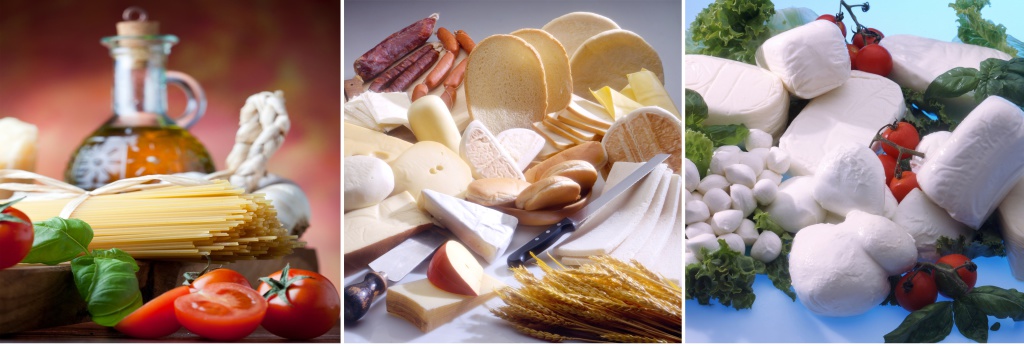 According to recent studies, the main trends of the coming decades will be: the increasing interest of consumers in industrialized countries towards sustainability and quality of food; the impact of population growth from emerging countries on global demand; the limits of natural resources to the development of agri-food, making the efficient use of resources a crucial precondition for growth.
According to recent studies, the main trends of the coming decades will be: the increasing interest of consumers in industrialized countries towards sustainability and quality of food; the impact of population growth from emerging countries on global demand; the limits of natural resources to the development of agri-food, making the efficient use of resources a crucial precondition for growth.
According to a study by the McKinsey Global Institute, by 2030 economic growth in developing countries will lead to the input of about 3 billion people in the middle class. This will push the demand for foods with high protein content, in particular meat, fish, dairy products. According to the FAO, the demand will increase by 70% from 2000 to 2050, compared with an expected growth of the world population by 55%. The growth in demand clashes with environmental limits and the climatic instability.
From these trends emerge strategic areas for businesses, especially for the Italian companies: production and distribution of high quality products with certification of environmental sustainability; animal and protein production (meat and fish); technologies to increase productivity and efficiency of the supply chain. Italy can be part of these changes. In 2012 the turnover of agribusiness was about 130 billion euro. In particular, Italian DOP and IGP products worth 12 billion euro with a growth of 7% per year). The food culture is historically rooted and the Italian food system benefits from a very advanced quality of domestic demand, which supports entrepreneurial and innovative new distribution models of great success abroad. Italian companies can also contribute to the development of innovative solutions that increase efficiency in agriculture and can be exported all over the world.
